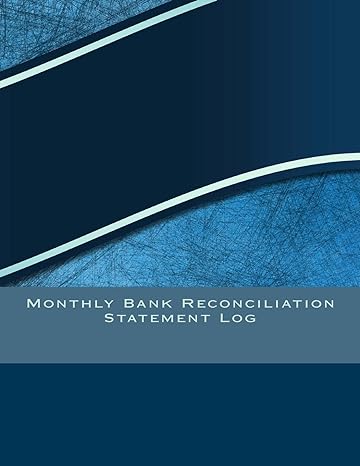Question
In the intricate realm of contemporary financial management, where businesses operate within a dynamic interplay of economic forces and regulatory frameworks, the role of accounting
In the intricate realm of contemporary financial management, where businesses operate within a dynamic interplay of economic forces and regulatory frameworks, the role of accounting stands as a cornerstone for organizational sustainability and growth. Against this backdrop, consider a scenario in which a multinational corporation, with diverse business interests spanning across industries and geographies, is navigating the complexities of financial reporting and compliance in an ever-evolving global market.
In this context, the company faces a multitude of challenges, ranging from adhering to the stringent International Financial Reporting Standards (IFRS) to effectively implementing the Generally Accepted Accounting Principles (GAAP) specific to various countries where its subsidiaries are located. Furthermore, the corporation grapples with the intricacies of consolidating financial statements, ensuring accuracy in revenue recognition, and complying with the latest updates in tax laws and regulations in different jurisdictions.
Amidst these challenges, the Chief Financial Officer (CFO) is tasked with the responsibility of not only overseeing the day-to-day accounting operations but also strategically aligning the financial reporting practices with the corporate objectives. The CFO needs to make critical decisions regarding the adoption of advanced accounting technologies, such as blockchain and artificial intelligence, to enhance the efficiency and accuracy of financial data processing. Additionally, they must assess the implications of environmental, social, and governance (ESG) factors on financial disclosures, considering the growing investor emphasis on sustainable and responsible business practices.
In this intricate landscape, the CFO also grapples with the ethical dimensions of financial reporting, ensuring that the company's disclosures are transparent, reliable, and free from any form of manipulation. As stakeholders demand greater accountability and transparency, the CFO must strike a delicate balance between maximizing shareholder value and upholding the company's ethical integrity, all the while adhering to the ethical guidelines outlined by professional accounting bodies.
Given this complex scenario, how can the CFO effectively navigate these challenges and strategically leverage accounting principles, technology, and ethical considerations to not only ensure compliance with diverse international standards but also enhance the company's financial resilience and stakeholder trust in an increasingly interconnected global economy?
Step by Step Solution
There are 3 Steps involved in it
Step: 1

Get Instant Access to Expert-Tailored Solutions
See step-by-step solutions with expert insights and AI powered tools for academic success
Step: 2

Step: 3

Ace Your Homework with AI
Get the answers you need in no time with our AI-driven, step-by-step assistance
Get Started


